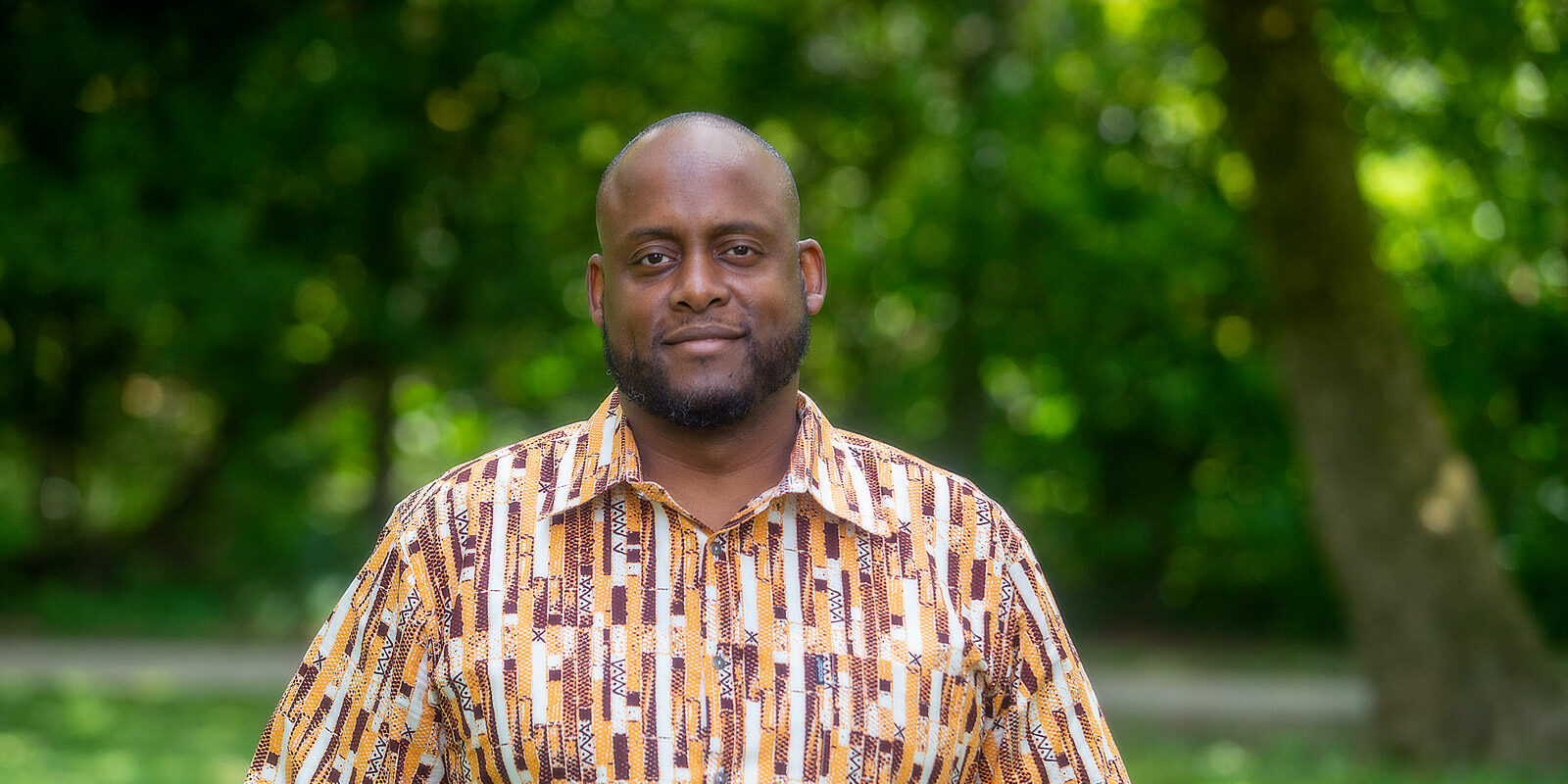“In today’s trying times, it’s easy to become cynical or apathetic and settle into complacency,” said Muhammad Khalifa, professor of educational administration. “I’m inspired by people who are still believing that they can change their local or even national contexts.”
High on Professor Khalifa’s list is voting rights activist Stacey Abrams who, despite her election loss, continues to educate people about voting. “I’m inspired by her commitment to make things happen,” he said.
Khalifa’s book, Culturally Responsive School Leadership, “is used in 75 school leadership programs around the country,” he said. “The book’s success proves that school leaders are open to promoting change within their educational programs. It is a signal that people are ready for the conversation, which is inspirational to me.”
Before Khalifa joined Ohio State from the University of Minnesota, he led the Culturally Responsive School Leadership Institute, which trains school leaders to battle implicit biases in educational settings. This program delves into how biases originate and continue to circulate, he said.
“We argue that you can’t just show up and merely begin to interrogate biases and then try to peel back those biases,” he said. “You have to go a bit deeper and more historically.”
Several school leaders have participated in his program multiple times. “They keep coming back because they’ve never heard anybody talk about this work the way that we do.”
As a dedicated educator, Khalifa is impressed by his students’ ambitions. His doctoral advisee at the University of Minnesota, Michael Walker, works to help Black male students reach their goals in education. Khalifa finds encouragement in Walker’s commitment to helping others succeed in their college careers.
“To see him reshape and establish relationships, even in a pandemic, has been truly remarkable for me,” Khalifa said.

